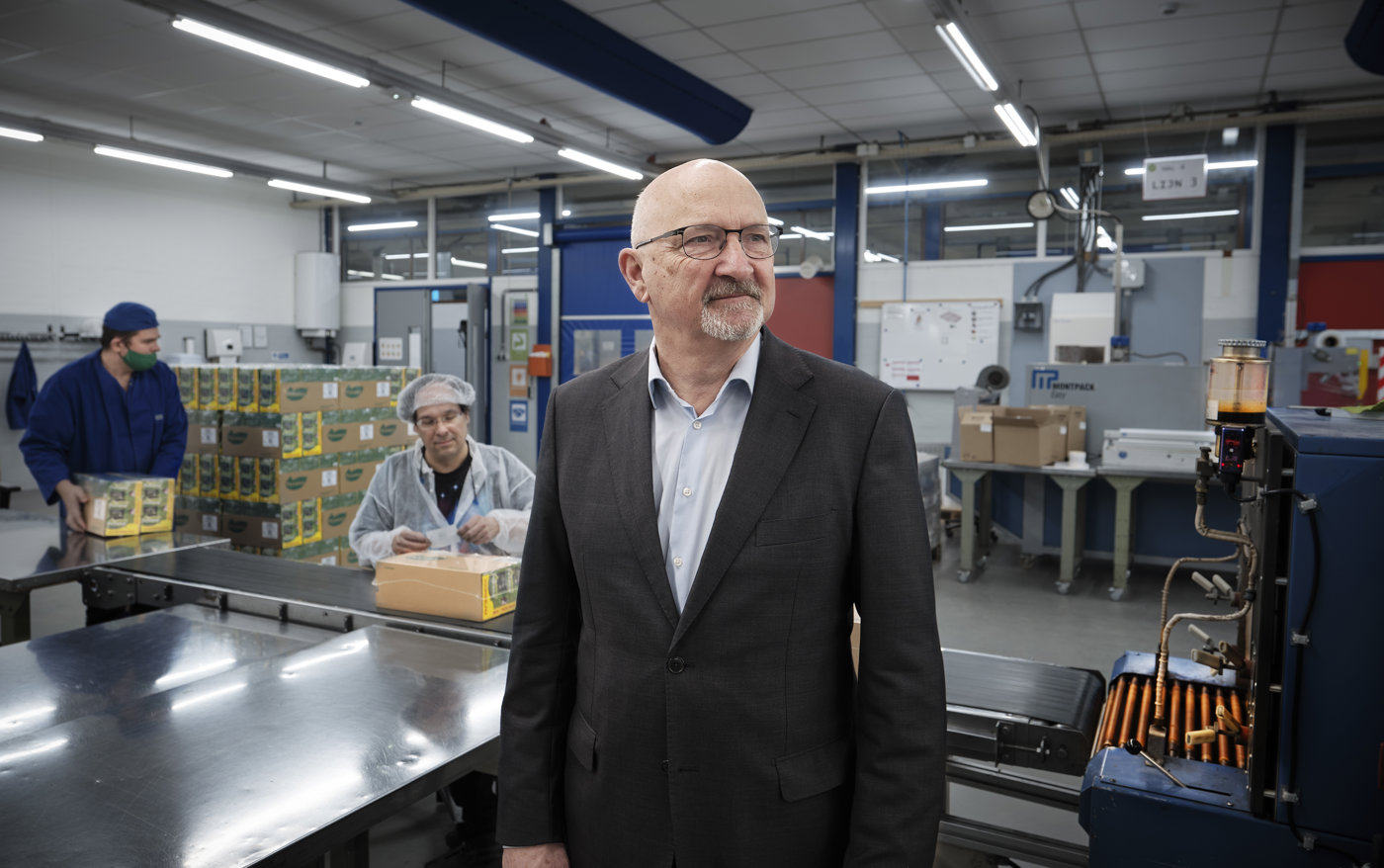As a convinced social democrat and member of the red family, Xander den Uyl, chairman of Pension Fund Work and (re)integration, puts his heart and soul into a good pension and more jobs for disadvantaged people in the labor market. "Companies should not exclude our participants, but include them."
Before the Covid crisis, the board of Pension Fund Work and (re)integration (PWRI) often did not meet at the office in Utrecht, but on location: at one of the sheltered employment companies. (Employees) Chairman and former trade unionist Xander den Uyl thinks it is unfortunate that the pandemic has made this impossible; he likes to be close to the disadvantaged people, for whom PWRI provides their pensions. This involves more than 200,000 pension accounts.
From becoming outdated and shrinking...
And that number is growing, because the fund is expected to add about 15,000 new active participants in one fell swoop. Here's the thing: in 2015, the government “locked up” the social workplaces and the Participation Act was passed. People with disabilities had to work in regular companies from now on. PWRI therefore did not get any new participants, the fund has become outdated and has shrunk in the past six years.
… to rejuvenation and growth
This is now going to change. Recently, a new CBA was signed for disadvantaged workers who are seconded by municipalities to local companies, for example in the provision of green space and cleaning. This CBA includes a pension plan, which is accommodated by PWRI. Den Uyl is pleased with the expected new participants. "Growth and rejuvenation will help us as a fund to continue to operate in the future and to provide a good pension for a group of people who really need it."
What is special about a pension provision for disadvantaged people?
"Some of our participants are very capable of standing up for themselves, but many others need support in their lives and with work. The security of a good pension is very important for this group. These are often people with a low income: minimum wage or slightly above. Our pension scheme therefore has a low franchise, so that people accrue a pension on their salary more quickly."
With inflation looming and people being able to buy less for their pension euro, how important is indexing?
We are in good financial shape as a fund: our policy coverage ratio is 113.3 percent. You can start indexing from 110 percent, which is what we will do from 1 January. That's unusual, because in the past ten years we've only been able to do that three times. But just like the previous times, we are still far from complete price compensation. If the indexation rules are broadened later, we might be able to do that next year. But first we want to know exactly what the rules will be. We also need to exercise caution: interest rates could fall again, as could equity markets, which could reduce the funding ratio. But if we can, we will index; that is our ambition."
What motivates you to get involved specifically with these participants?
"As a board we feel very involved with our target group. Some board members have people in their immediate circle who are disadvantaged. I don't have that myself, but I did grow up in the social democratic tradition. It's a tradition that I've inherited and that forms the common thread in my life and career. I have been a member of the Labor Party for years and worked in the trade union movement for thirty years. There I was also able to look after the interests of our members in the sheltered employment sector; that was a good time. I am a member of the red family; that is where I feel at home. I am also on the board of PWRI on behalf of the FNV and I do that with conviction. As an old social democrat, I feel strongly motivated to help support this group of people in society."
Pension is a complicated subject. How do you communicate about it?
"Our target group is diverse and we adjust our communication policy accordingly. Some of our participants are very language literate and use the internet and social media. We can communicate with them digitally. Other participants are less language-savvy and have not made the digital transition. For that group, we still need to use paper-based communication and the language must be as simple as possible. We also tried visual communication. It looked good, but the message was not picked up enough. We first test all our communications with a focus group. This group consists of people who are close to the workplace and who have a better idea of what is going on there."
